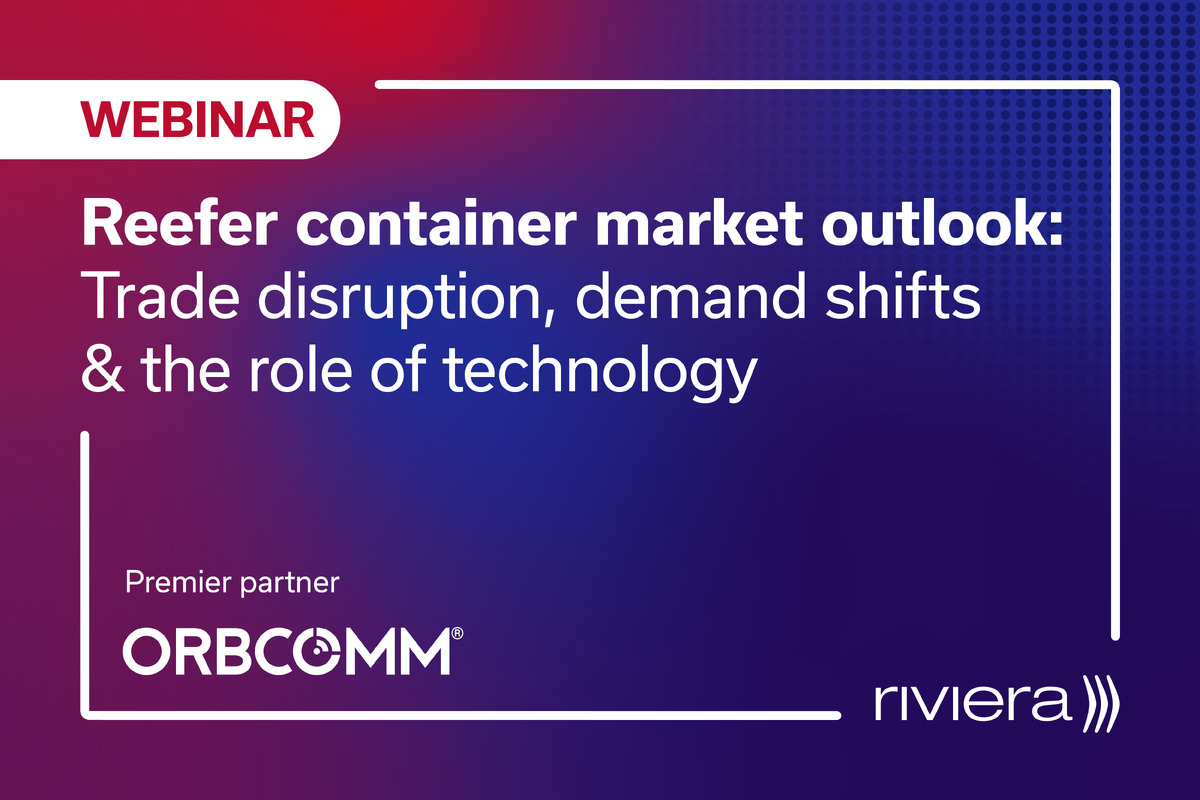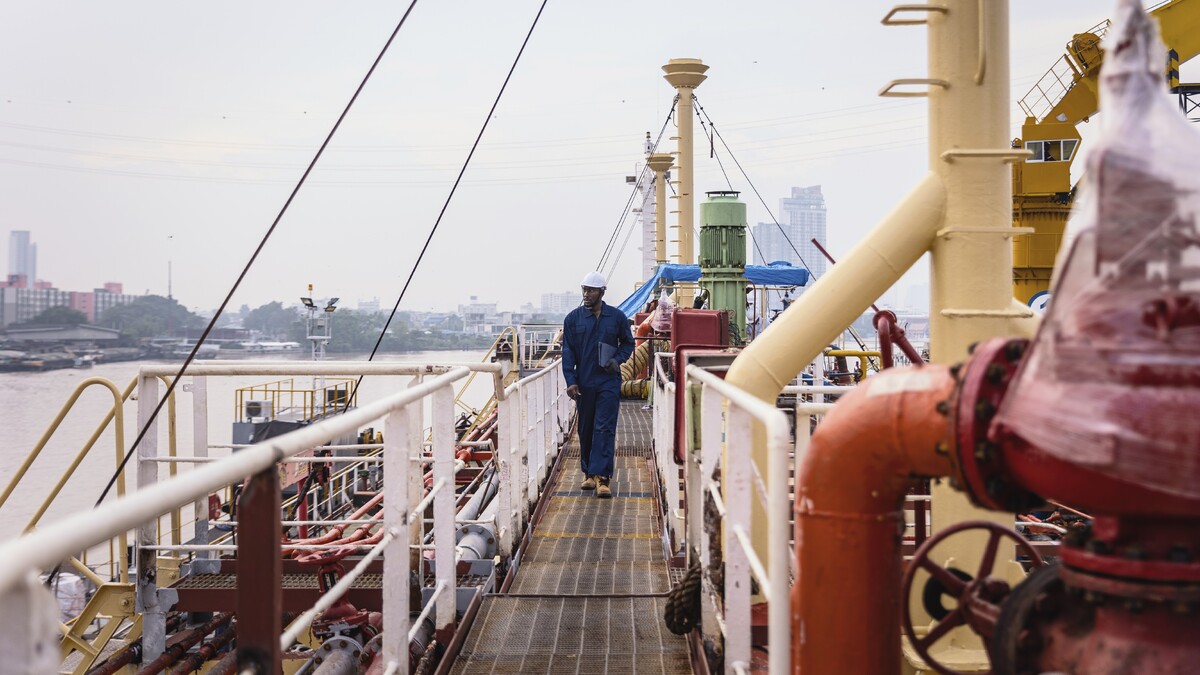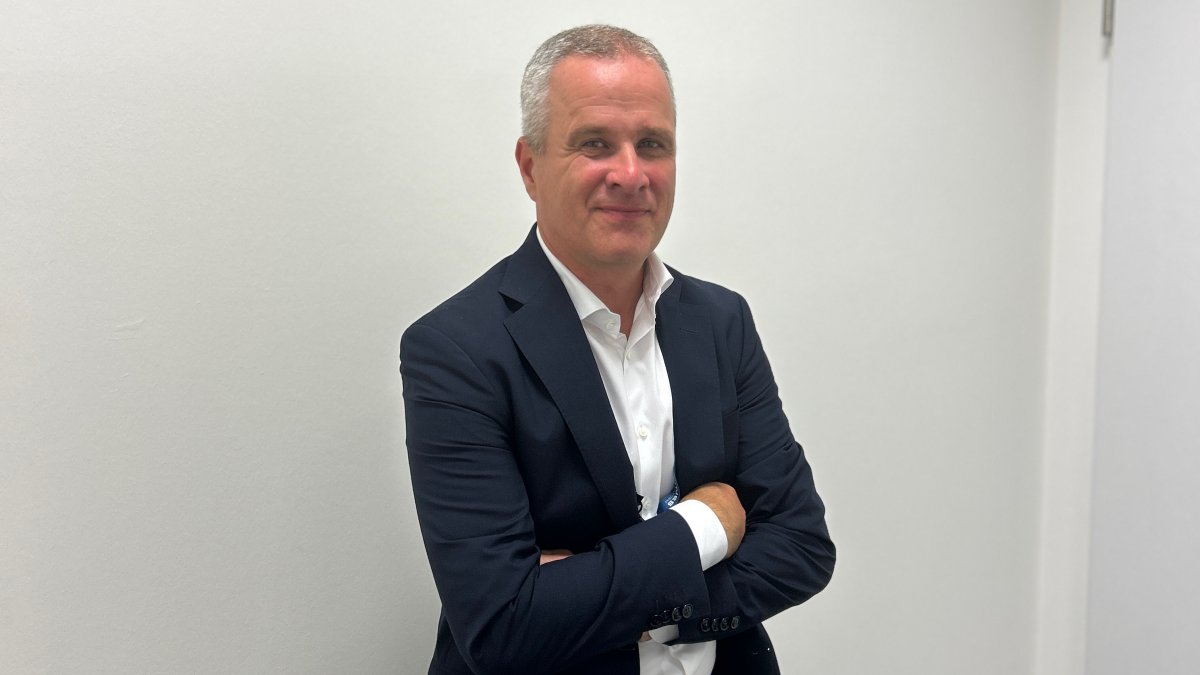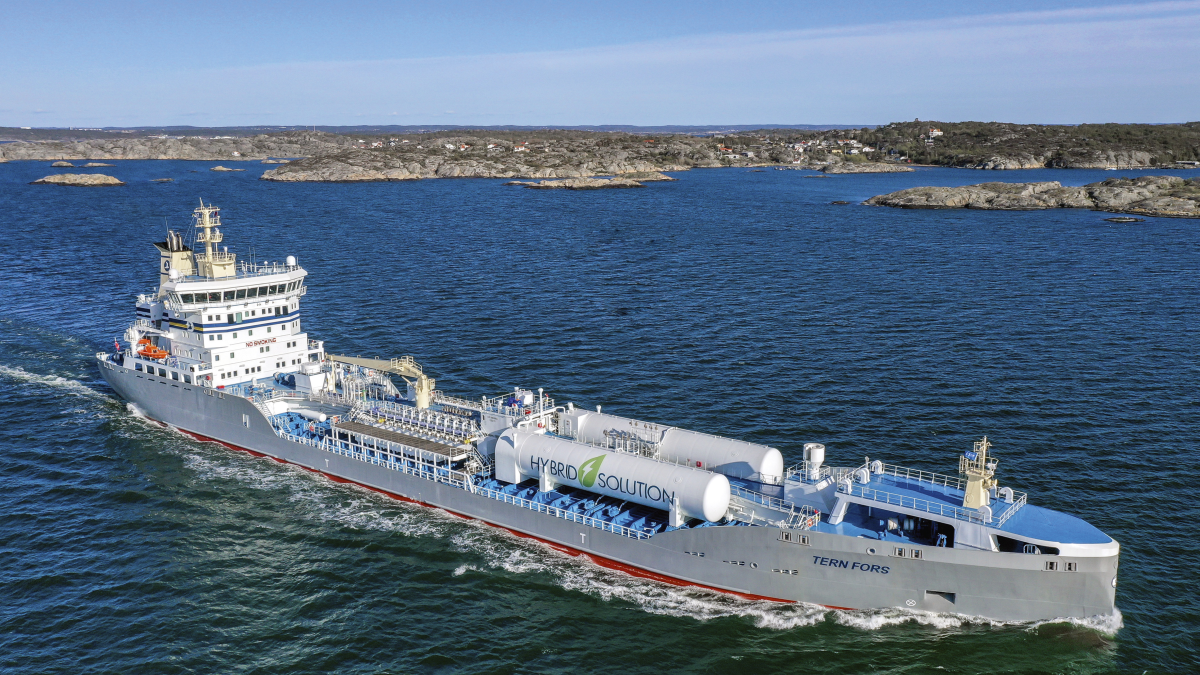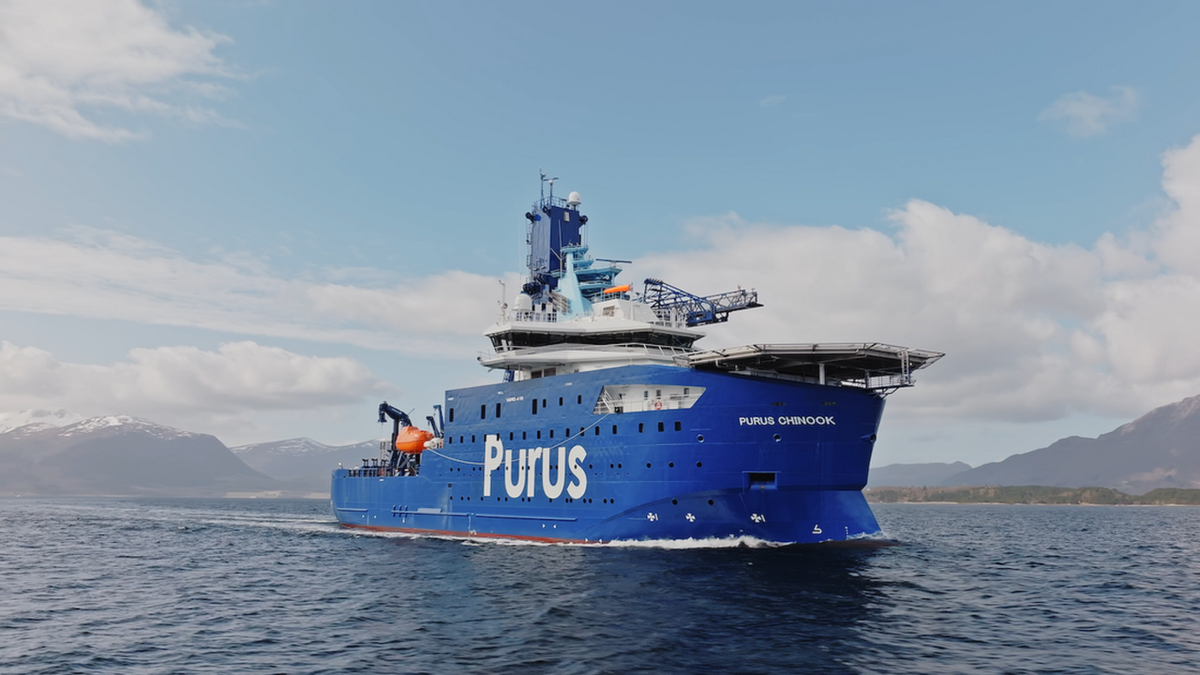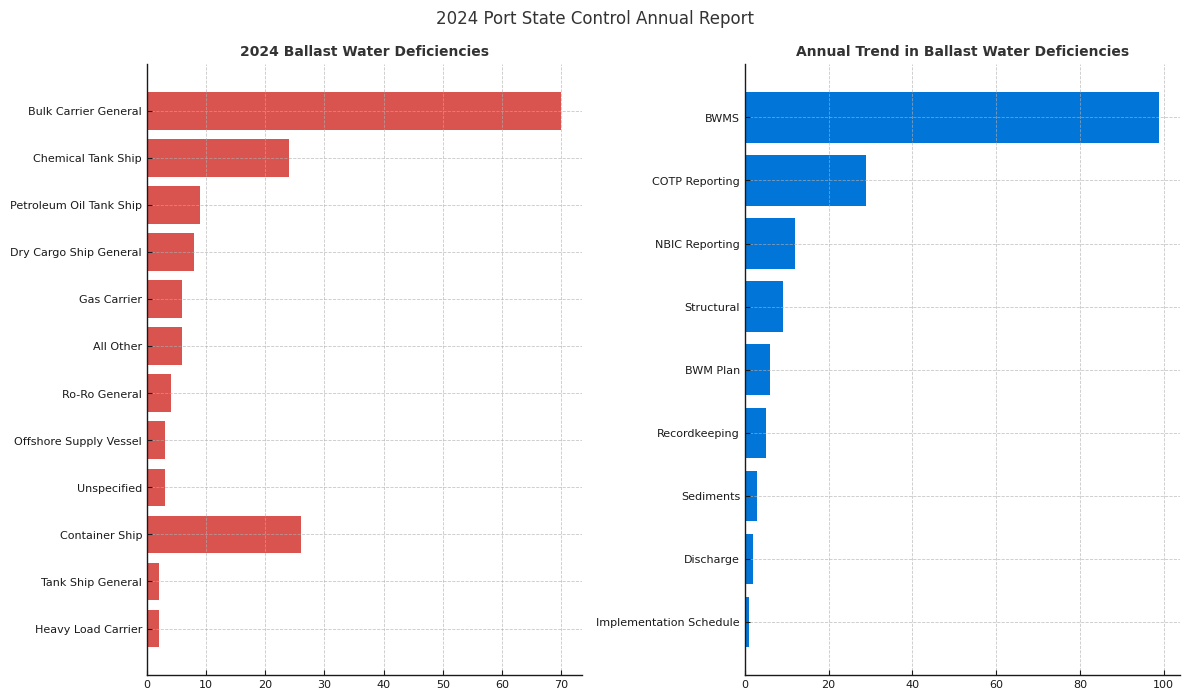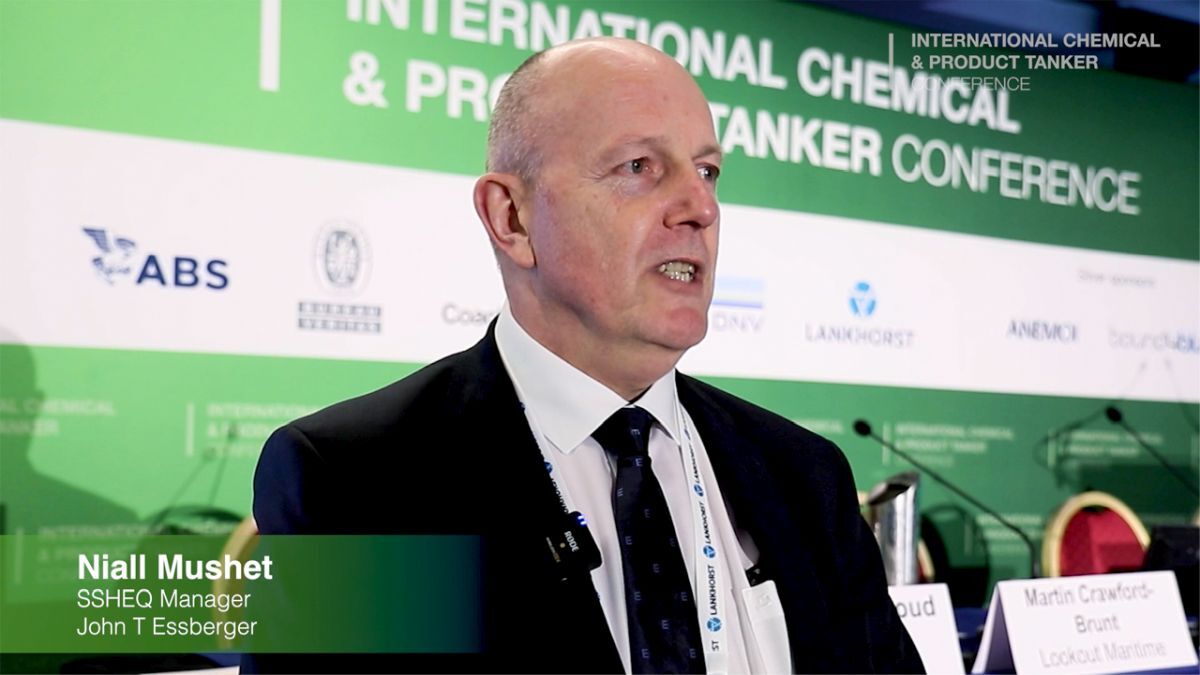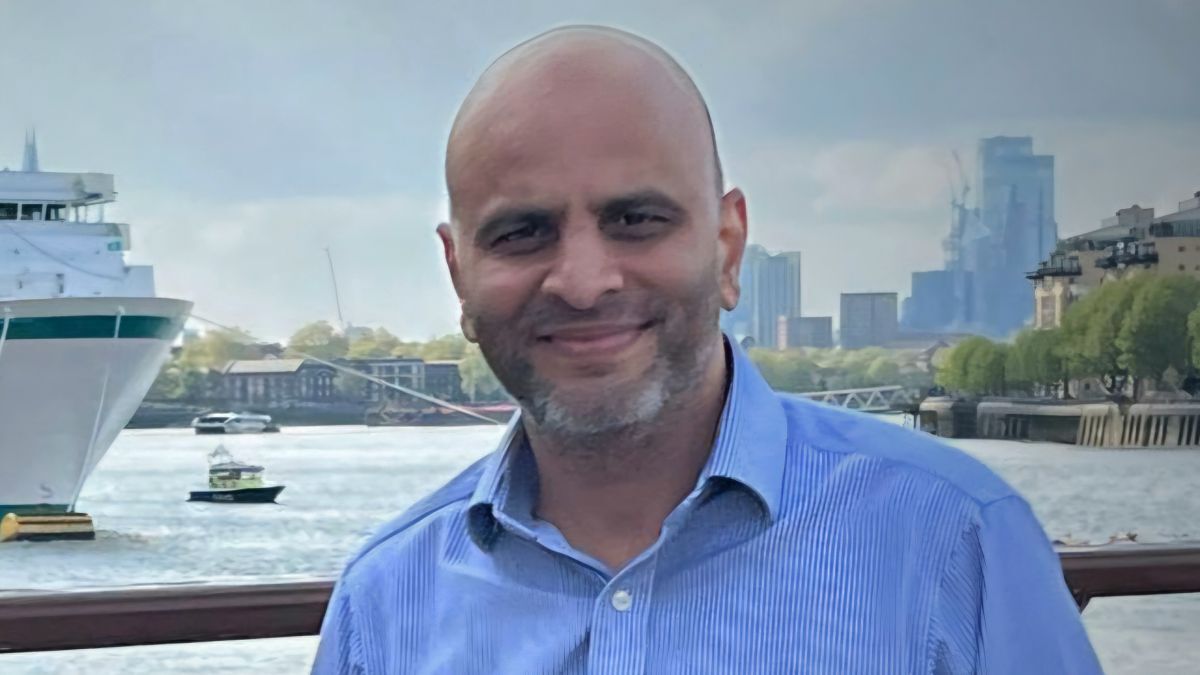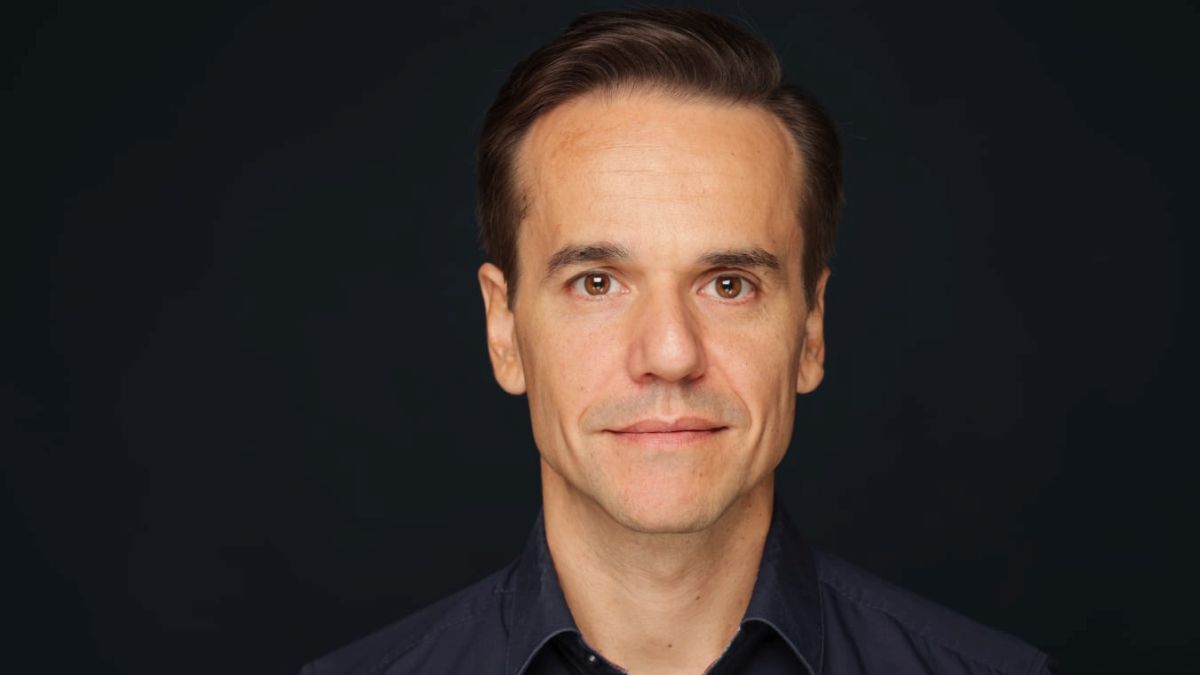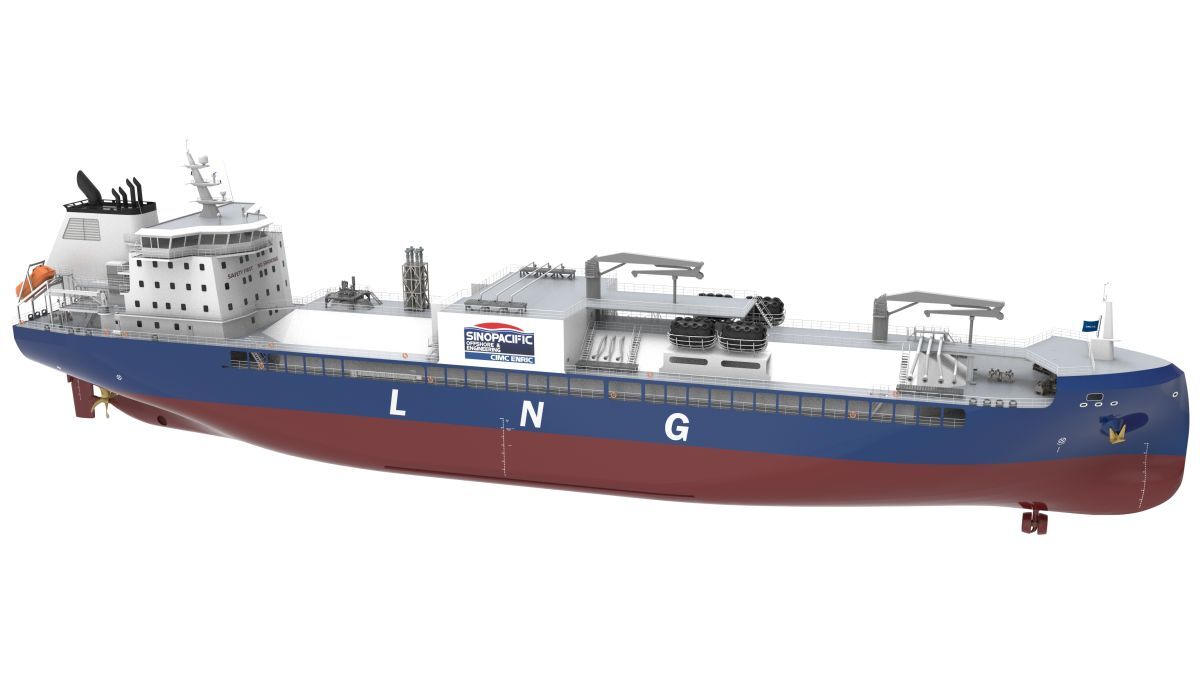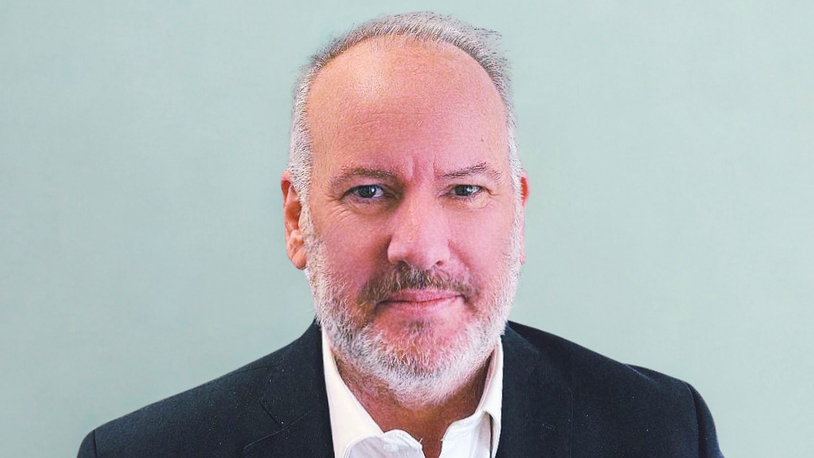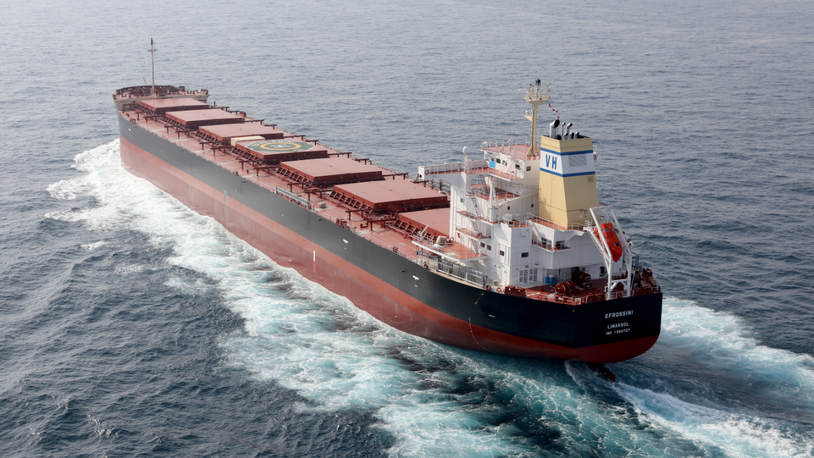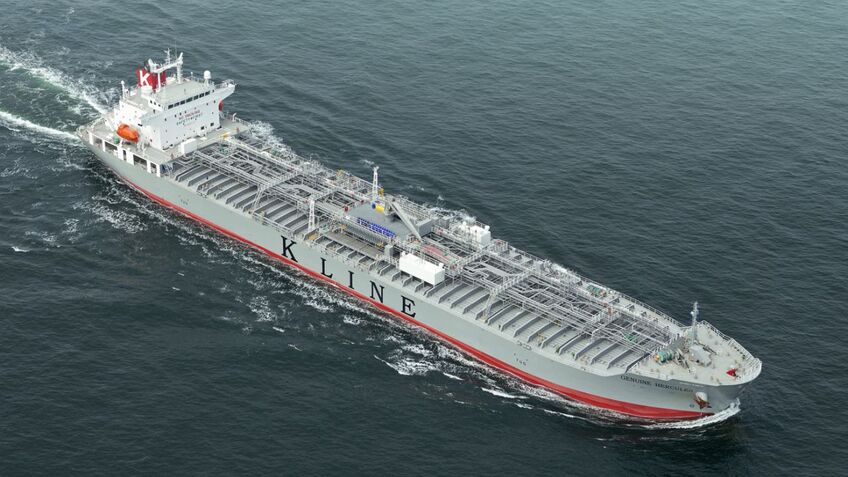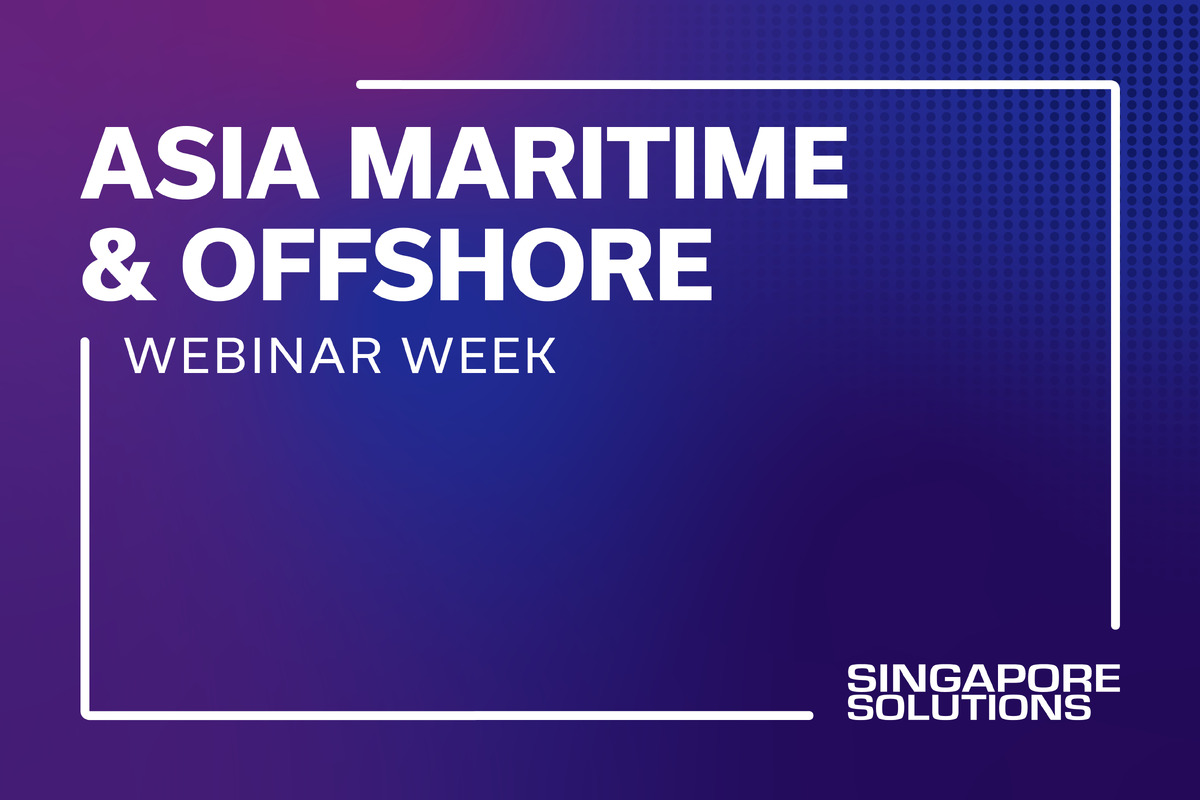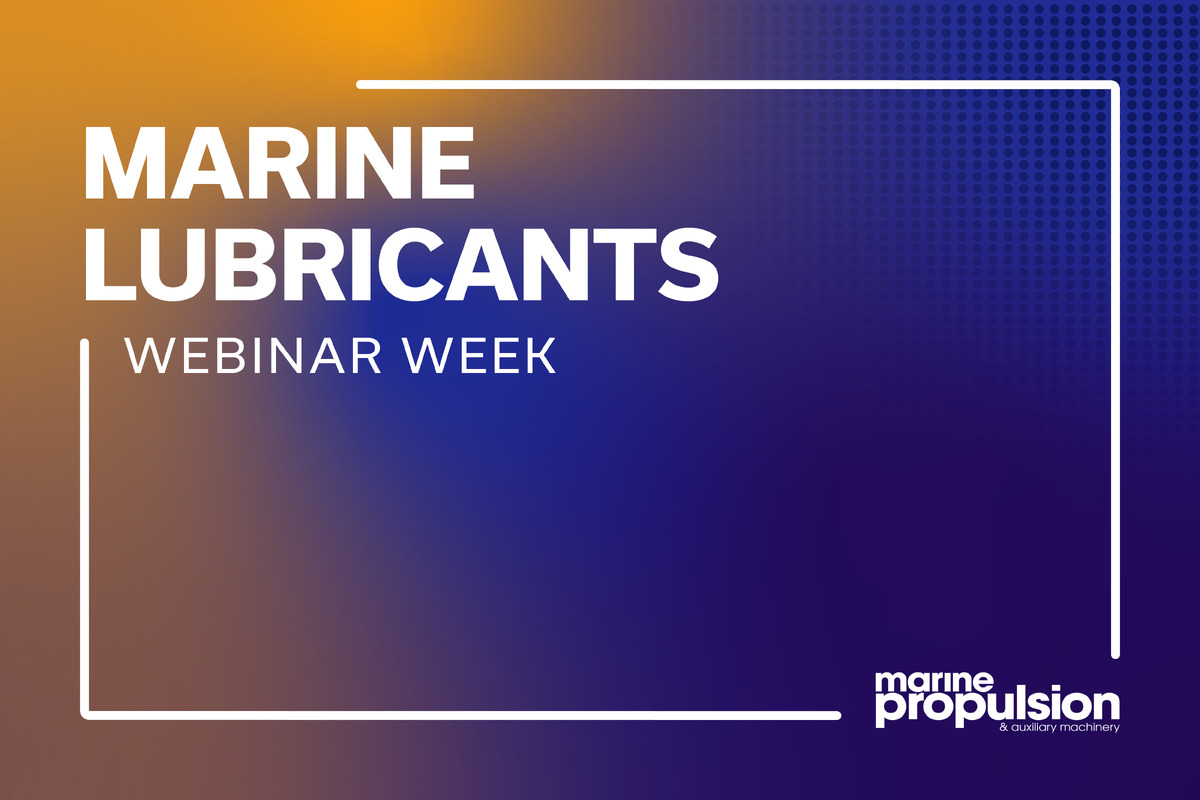Business Sectors
Contents
Register to read more articles.
Digitalisation and electrification: key ingredients for decarbonisation
ABB Marine & Ports president, Juha Koskela, discusses the Swiss marine technology provider’s recipe for supporting the decarbonisation journey of ship operators through a mix of digital tools, electrification and efficient propulsion systems
With FuelEU Maritime set to kick-off in 2025, ABB Marine & Ports president, Juha Koskela, says maximising energy efficiency for ships calling at EU ports will be essential.
“FuelEU aims to narrow the gap between fossil fuels and the new sustainable fuels. But these new fuels will be more expensive, making energy efficiency more important than ever,” Mr Koskela observes. He adds: “And that’s what all of our solutions do — provide energy efficiency.”
Mr Koskela recently sat down with Marine Propulsion to discuss ABB’s new product and R&D efforts to support maritime decarbonisation through its electrification and digitalisation solutions. The conversation ranged from advancements in Azipod podded propulsion technology that can yield energy savings of up to 20% compared with traditional propulsion systems for large vessels, to route optimisation planning services that deliver 5 to 7% reductions in fuel consumption.
As an example, he cites an ABB agreement signed with Norwegian Cruise Line (NCL) early in 2024 that lays the foundation for the cruise ship operator’s path for decarbonisation in the coming decades. The partnership between ABB and NCL covers 14 cruise ships with Azipod propulsion and another four on order, due for delivery between 2025 and 2028. A key element of the deal is a comprehensive 10-year fleet service agreement for Azipod propulsion, modernisation of the propulsion control systems for 11 vessels, and installation of shore connection systems on four vessels.
“Digitalisation is an effective means to decarbonise,” says Mr Koskela, highlighting ABB’s establishment of global operations centres that support its own products and customer base. “These centres have secure connectivity to our customers’ vessels, allowing us to provide predictive maintenance, troubleshoot and optimise performance,” he explains.
“Digitalisation is an effective means to decarbonise”
ABB’s Ability Octopus marine advisory system provides real-time data insights to a ship’s crew on a vessel’s motion behaviour and cargo and environmental operational strategies to help lower greenhouse gas (GHG) emissions and fuel consumption.
In 2024, ABB Marine & Ports broadened its digital portfolio with the acquisition of DTN’s weather routing business for shipping, and now supports voyage optimisation for 15,000 vessels globally. Operators looking to improve energy efficiency, lower fuel consumption and emissions can tap into applications like ABB Ability Ship Performance Optimisation Systems (SPOS), ABB Ability Routeguard-Onshore Routing Service, ABB Ability Fleetguard-Vessel and Weather Monitoring, and Optimal Speed Routing.
A collaboration with Wallenius Marine established what Mr Koskela describes as a “fleet operation service centre as a service.” ABB’s Oversea Fleet Support Centre service combines fleet management expertise with advanced analytics to underpin improvements in operational decisions and enable performance gains for ships.
To support the service, Mr Koskela says ABB has established a fleet operations centre in Stockholm staffed by master mariners and chief engineers from Wallenius, underpinned by digital connectivity to any vessel. “We can provide data insights and efficiency improvements by means of digital tools, with support from the shore side,” he says. The service was developed to support the thousands of ships controlled by small- and medium-sized owners that do not have their own operations centres.
Danish tanker operator Tärntank is the first to trial Oversea, exploring opportunities for improving the operational performance of a fleet of six tankers. The trial covers the performance of onboard equipment, as well as forecasting and monitoring of their Carbon Intensity Indicator (CII). The trial includes shore-based support.
“Initial trials will focus on Oversea capabilities covering the main engine, hull and propeller, auxiliaries and CII operational performance support for six 15,000-dwt products/chemical tankers,” says Tärntank Ship Management AB chief executive, Claes Möller.
Vessel electrification projects
Well established in supporting electrification and battery-hybrid vessel projects globally, Mr Koskela says ABB Marine & Ports has been making steady in roads in the US. Under one of its latest contracts, ABB was selected by the Maine Department of Transportation (MDOT) to supply a hybrid-electric propulsion system and energy storage system (ESS) for a new hybrid-electric passenger vehicle.
“We can provide data insights and efficiency improvements by means of digital tools”
The new MDOT ferry will have an ABB Onboard DC Grid power distribution system that supports diesel-electric and zero-emissions battery-powered modes, as well as a combination of both, and the ABB Ability Marine Remote Diagnostic System will enable the monitoring of onboard systems to maximise vessel uptime.
The newbuild 200-passenger and 40-vehicle ferry will replace a 35-year-old, diesel-powered vessel that operates on a 5-km route between the coastal Maine town of Lincolnsville and Islesboro.
By replacing the 35-year-old Margaret Chase Smith, the new hybrid-electric vessel will cut fuel consumption by an estimated 379,000 litres per year, equivalent to around 1,100 tons in CO2 emissions. The new ferry is seen as advancing the Maine Clean Transportation Roadmap, which targets carbon neutrality by 2045.
This new contract follows on the heels of ABB’s supply of a hybrid power and propulsion system with shore-charging capability for a 50-m double-ended passenger ferry serving the Portland – Peaks Island route. Due to enter service for operator Casco Bay Lines in 2024, the vessel promises an estimated 800-ton reduction in annual CO2 emissions.
Among its other US passenger vessel contracts is one for a fleet electrification project for the largest ferry operator in the country, Washington State Ferries, and another serving as systems integrator for the power and propulsion package for Maid of the Mist, the nation’s first fully electric tour boat.
In mid-November, ABB announced it had won an order from Washington State boatbuilder All-American Marine to supply a hybrid-electric propulsion system for a new 19.2-m ocean sampling catamaran for the Orange County Sanitation District in California. In addition to the comprehensive scope of technologies, All American Marine will draw on ABB’s experience in the supply, engineering, and systems integration of hybrid-electric vessels. The vessel is expected to be delivered in 2027.
The vessel will be built to meet California Air Resources Board (CARB) annual equivalence requirements for Zero-Emission Capable Hybrid Vessels which mandate that at least 30% of total annual power must come from zero-emissions power sources.
This follows in the wake of another first in the US, the all-electric harbour tug, eWolf, built by Crowley to serve the Port of San Diego. Built by at Master Boat Builders in Alabama, the vessel can achieve 70 short tons of bollard pull with a zero-emissions propulsion system from ABB, including a 6.2-MWh ESS.
Related to this Story
Safe Bulkers reports improved carbon intensity and eyes 'green' technologies
Events
Reefer container market outlook: Trade disruption, demand shifts & the role of technology
Asia Maritime & Offshore Webinar Week 2025
Marine Lubricants Webinar Week 2025
CO2 Shipping & Terminals Conference 2025
© 2024 Riviera Maritime Media Ltd.
